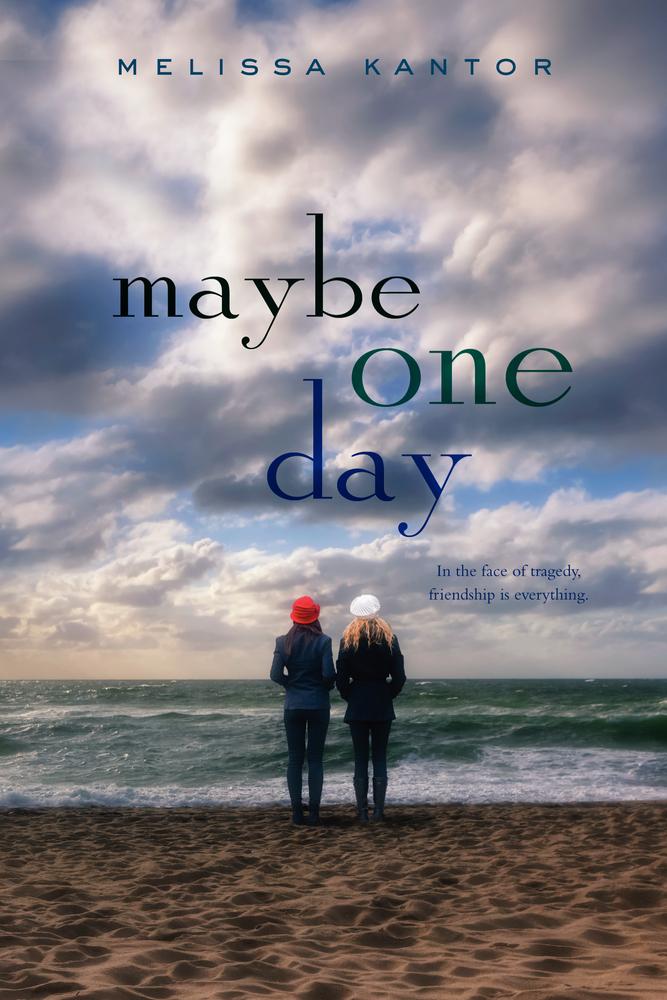2018 School Spending Survey Report
Maybe One Day
304p. HarperCollins/HarperTeen. Mar. 2014. Tr $17.99. ISBN 9780062279200; ebk. $9.99. ISBN 9780062279224.
COPY ISBN
When best friends Zoe and Olivia are kicked out of their elite New York City ballet academy, Zoe thinks, "This is the worst thing that will happen to us in our entire lives." It is, until Livvie is diagnosed leukemia. Kantor doesn't sugarcoat the messy ups and downs of either Livvie's illness or the girls' friendship, instead portraying both with honesty and compassion.
When best friends Zoe and Olivia are kicked out of their elite New York City ballet academy, Zoe thinks, "This is the worst thing that will happen to us in our entire lives." A year later as they begin their junior year, Zoe is still struggling to accept the end of her lifelong dream. But when Livvie is diagnosed with a rare and aggressive form of leukemia, Zoe realizes that her failed dance career isn't the worst thing that could happen. Together the friends navigate Livvie's illness, though the journey is far from smooth: seeking to escape her grief, Zoe gets drunk and makes out with Livvie's crush, Calvin; Livvie talks a resistant Zoe into taking over the rec center ballet class she teaches, with disastrous results; conventional and then experimental treatments fail. Kantor doesn't sugarcoat the messy ups and downs of either Livvie's leukemia or the girls' friendship, instead portraying both with honesty and compassion. Zoe's first-person narration is relatable and evocative, particularly in describing her conflicted feelings about ballet. By novel's end Zoe's nuanced development (supported by her enduring friendship with Livvie, a blooming romance with Calvin, and a rediscovered joy in dancing) allows her to define herself without her dream -- and even without her best friend. Recommend this to fans of Davida Willis Hurwin's A Time for Dancing (rev. 1/96). katie bircher
ALREADY A SUBSCRIBER? LOG IN
We are currently offering this content for free. Sign up now to activate your personal profile, where you can save articles for future viewing





Be the first reader to comment.
Comment Policy:
Comment should not be empty !!!